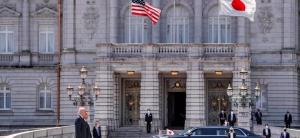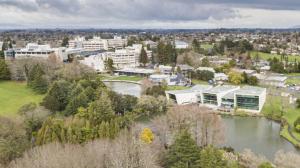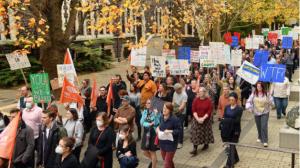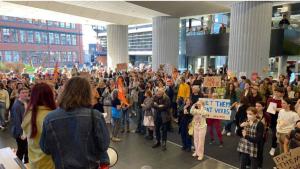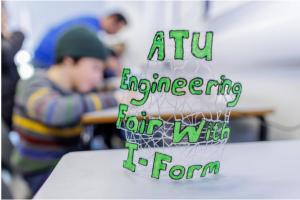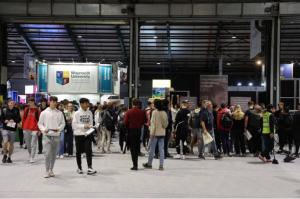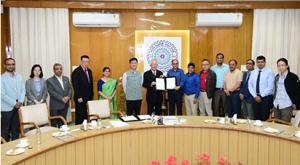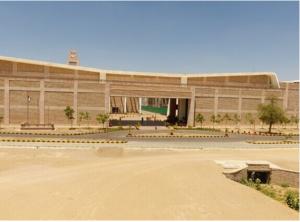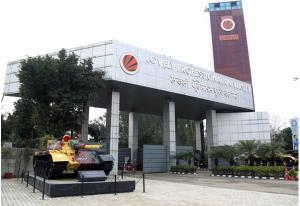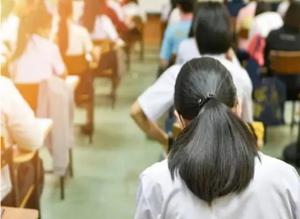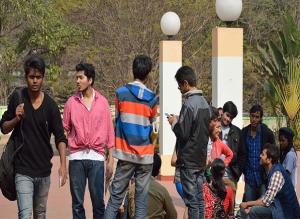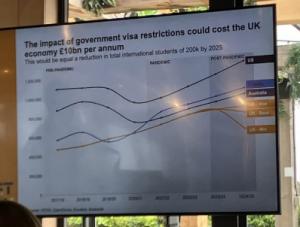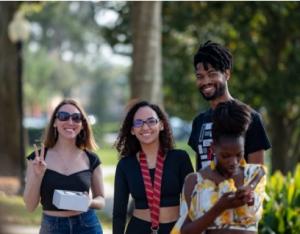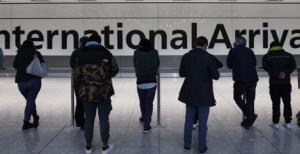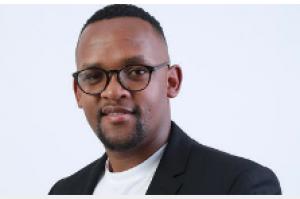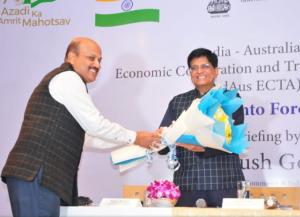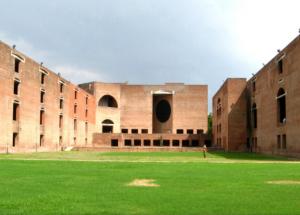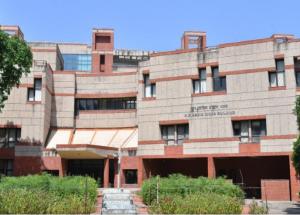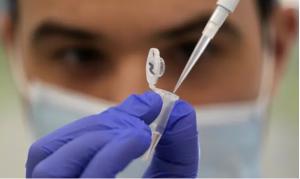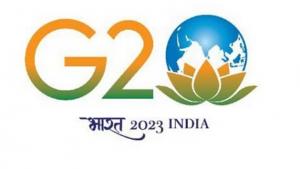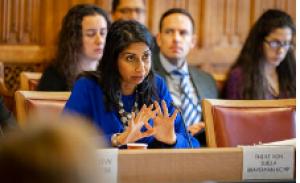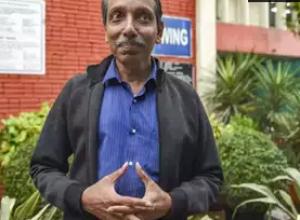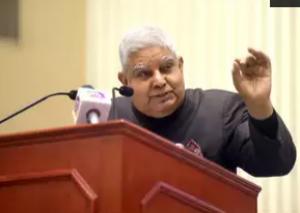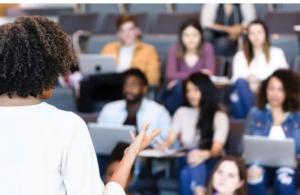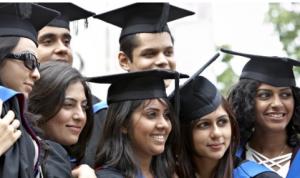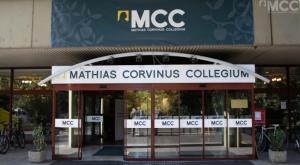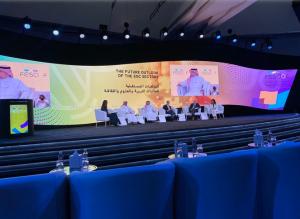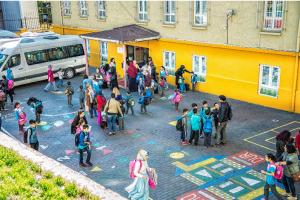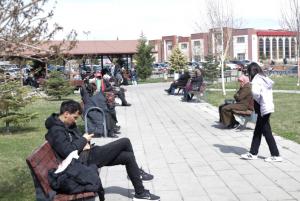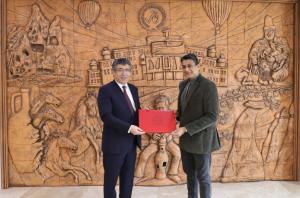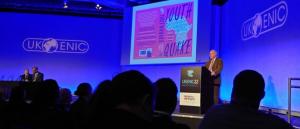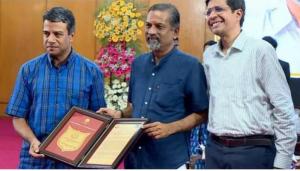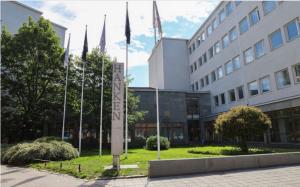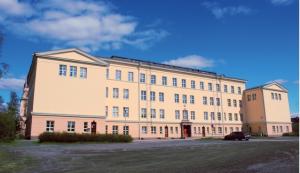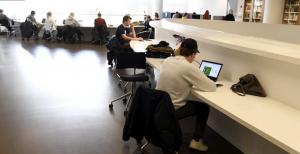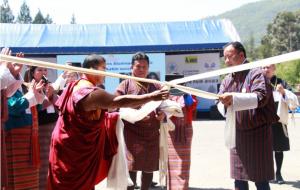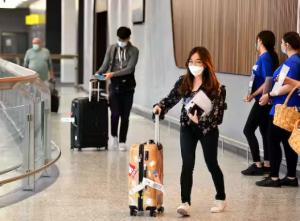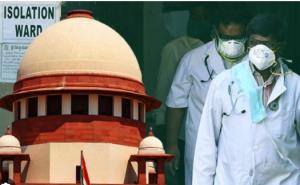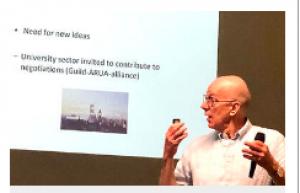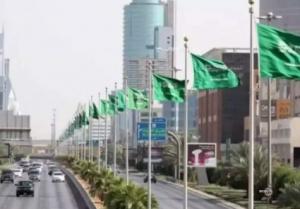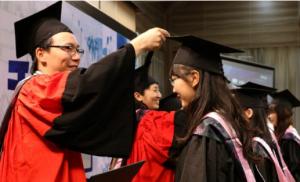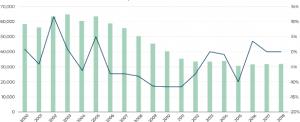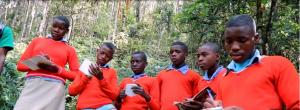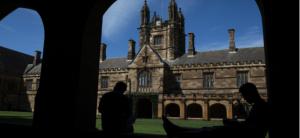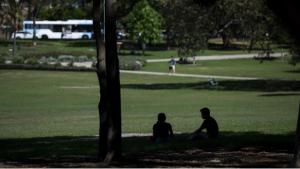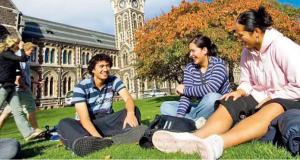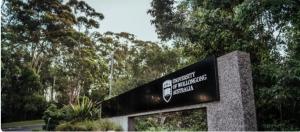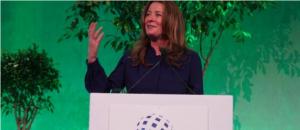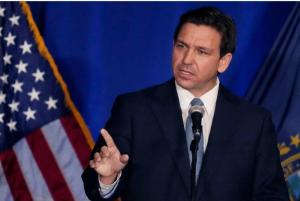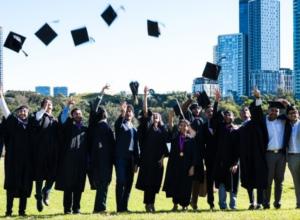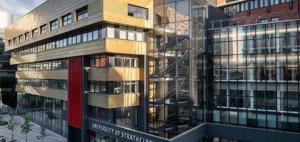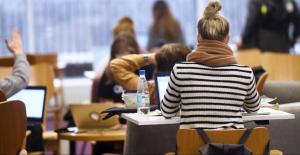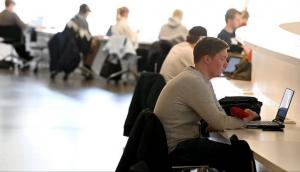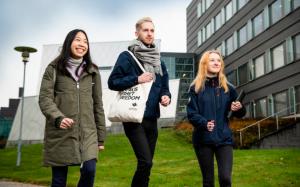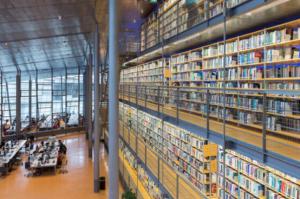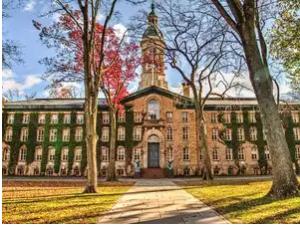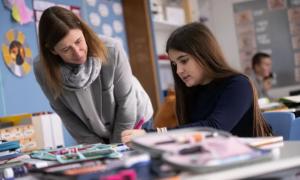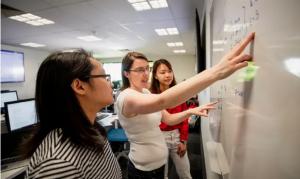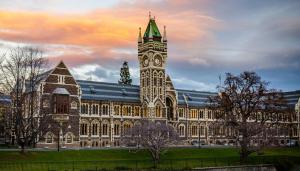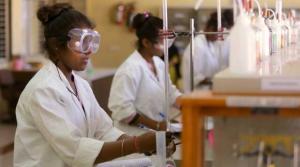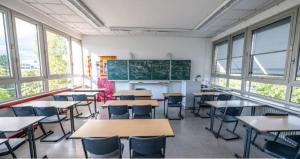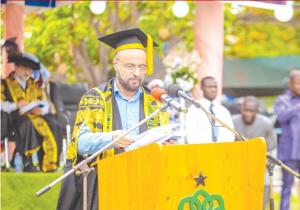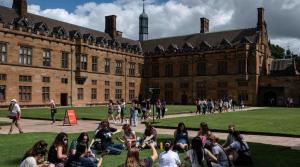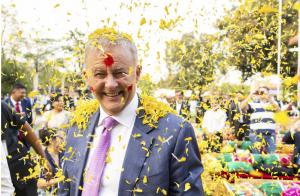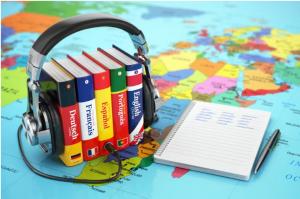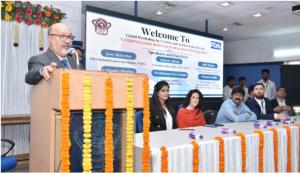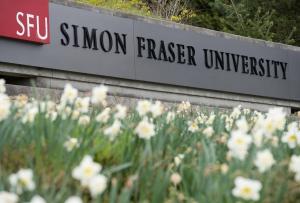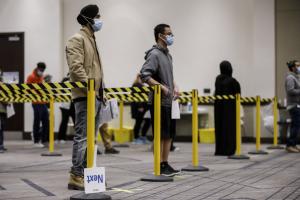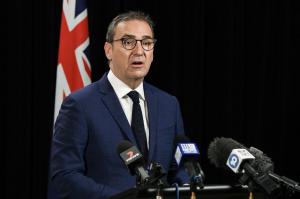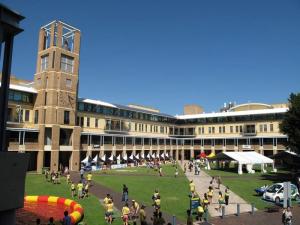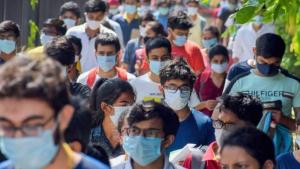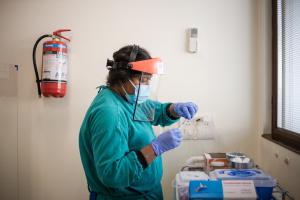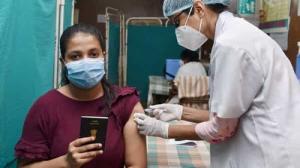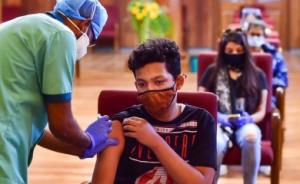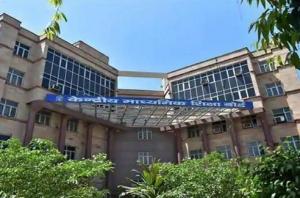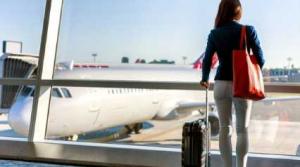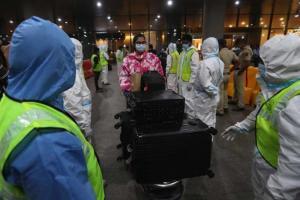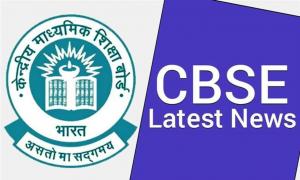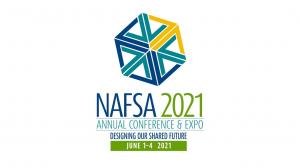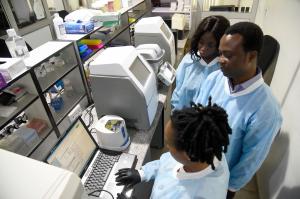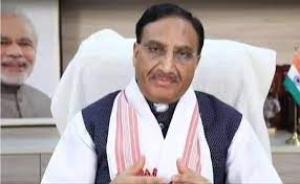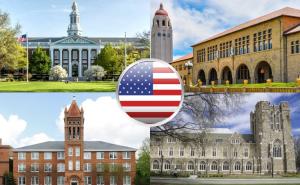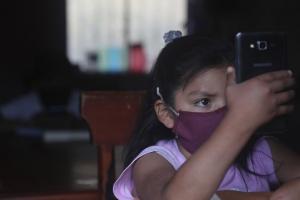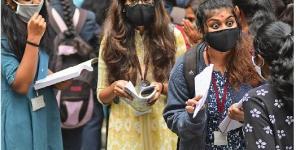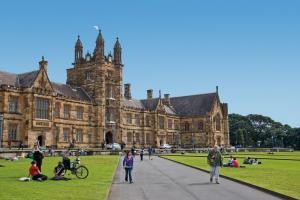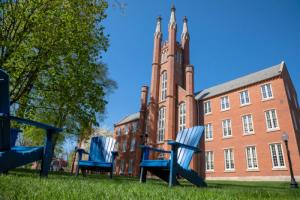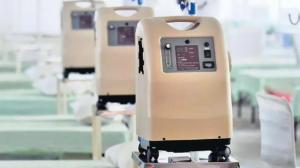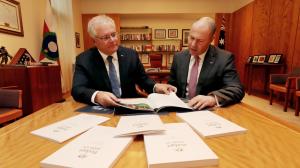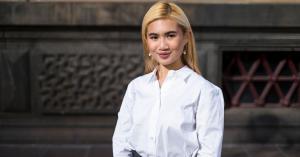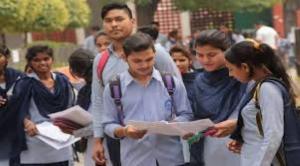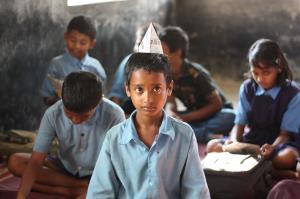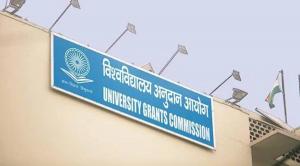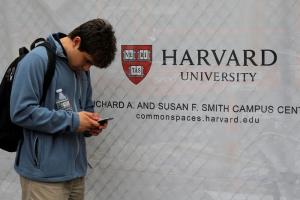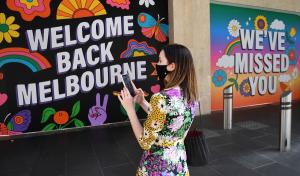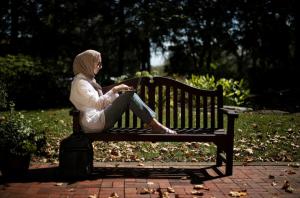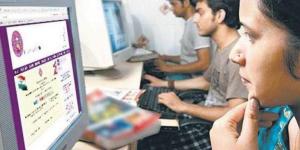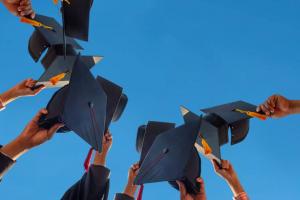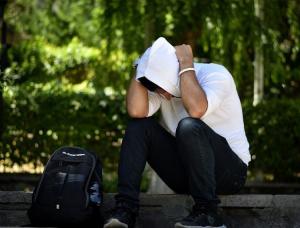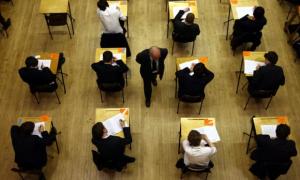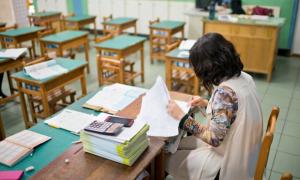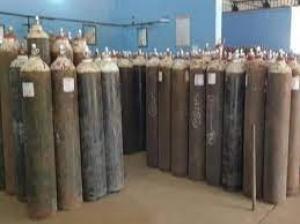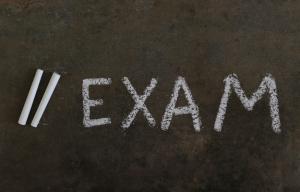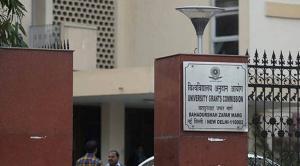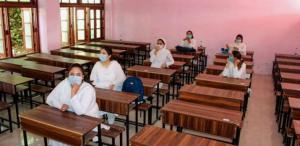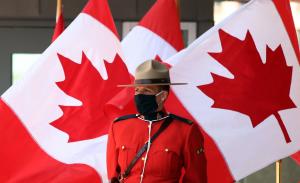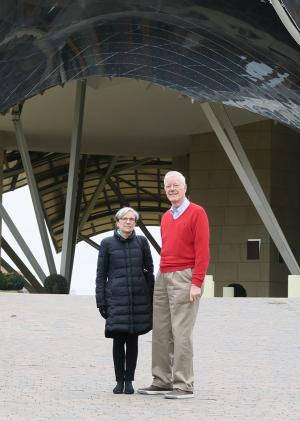In spite of ongoing geopolitical tensions, China is pushing for the resumption of student and academic exchanges with the West and other regions, with messaging during all high-level diplomatic talks and summits emphasising the country’s return to normal after last year’s closed-door ‘Zero-COVID’ restrictions.
The China Study Abroad Forum held in Beijing in early April emphasised the need to resume education cooperation and exchanges as soon as possible, People’s Daily, the Chinese Communist Party mouthpiece, reported.
Liu Jin, director general of the Department of International Cooperation and Exchanges of China's Ministry of Education, noted that 1.3 million Chinese students are currently study abroad in more than 110 countries and regions worldwide. She hailed them as an “important force and bridge” to promote cultural exchange, mutual understanding and friendship between China and other countries.
Besides encouraging Chinese students and scholars to study abroad, the country would also welcome people from all over the world to study in China, she said and noted that China would continue to improve levels of service for international students and create a suitable environment for everyone to learn and train in China.
“There is a huge potential and broad prospects for cooperation in the field of education development between China and foreign countries,” said Liu, adding that China will participate in educational services under bilateral and multilateral mechanisms and is willing to carry out long-term mutually beneficial complementary academic cooperation with all parties in various countries.
The prestigious Peking University in Beijing last month launched a series of seminars to mark the beginning of the university’s ‘Global Engagement Year’ to restore and strengthen communication with the world after the pandemic, according to the university.
“We need to introduce concrete policies and measures to better promote international exchanges and cooperation,” Wang Bo, vice-president of Peking University, was quoted in official media as saying. “We need the collaboration of teachers and students, academic progress, and the involvement of the entire university.”
“We must properly handle international relations for further exchanges to improve the academic influence, social impact and global reach of the university,” he added.
Interest from world leaders
Several foreign leaders have recently expressed their openness to increasing student exchanges.
In remarks delivered to students at Sun Yat-sen University in Guangzhou, Guangdong province, on 7 April, French President Emmanuel Macron delivered a message of welcome to Chinese students intending to visit France and indicated that France hoped to send more academics and students to China.
Given the university setting, where he was mobbed by a huge crowd of students, Macron’s remarks were seen as more than diplomatic niceties.
A state visit by Brazilian President Luiz Inácio Lula da Silva to China in mid-April also included a commitment to stepping up student exchanges between the two countries.
Beyond high-profile visits, below-the-radar work by China’s diplomatic missions have also been pushing for exchanges to resume and build up beyond pre-pandemic levels.
Even in India, which has strained relations with China as a result of simmering border disputes, China’s consul-general in Kolkata in West Bengal discussed boosting student exchanges between China and the state of West Bengal.
A slow return
However, exchange initiatives with China are still at an early stage since the end of China’s strict Zero-COVID policy which restricted travel in and out of the country and suspended visas for residents including foreign students and academics.
Although some foreign students, shut out of China since early 2020, began to return in June 2022 after huge diplomatic pressure, diplomats said this was only a “trickle”.
The country only properly reopened on 15 March 2023 to foreign tourists and new students and flights into China are still not back to normal.
William Kirby, professor of China studies at Harvard University in the United States, last month made his first trip to China in three years. He told University World News the environment is “politically a lot more challenging” than before the pandemic, when he accompanied Harvard President Larry Bacow in a 2019 visit to Beijing where they met with Chinese President Xi Jinping. Bacow said at the time his role was “to keep the channels of discussion open”.
As relations between China and the US were deteriorating even before the pandemic, Xi and Bacow discussed the importance of finding ways for universities to collaborate and work on important and common issues “even at a time when our governments might not be cooperating”, said Kirby.
Bacow had said universities can serve as “sources of strength through tough economic, political and social times”.
Kirby acknowledged there was currently “an environment that’s fuelled by what I would call mutual paranoia, that is highly political in nature”, but noted that Harvard scholars who worked before 2019 on important research in sciences or in public health “are very anxious to restart their relations with Chinese [universities] and I’ve had a number of Chinese universities reach out to suggest new ways in which we might collaborate”.
Plans are being made for resumption in some areas, such as language study. In 2021 the Harvard China Summer School language programme relocated from Beijing to Taipei, Taiwan. The move was followed by a number of other US universities with language exchanges with China. But Kirby said the China Summer School would begin again – this time in Shanghai – from next year.
Just because relations are tense “doesn’t mean that you don’t invest in the study of China”, Kirby said, adding that “leaders of Chinese and American universities such as Harvard understand that they are part of a global world of scholarship. Self-sufficiency, self-isolation itself isn’t a sure path for any institution to climb.”
Cancellations of exchanges
In 2020, an executive order by then US president Donald Trump cancelled a number of long-standing US government-supported cultural and educational exchange programmes with China, including the Fulbright China programme, which for decades sent US scholars to China and sent Chinese scholars to the US.
Many academics in the US have petitioned for the reinstatement of the programme, which has since its inception sent more than 3,500 Americans to China and received more than 1,500 Chinese in the US.
As of last October, there were fewer than 400 American students in China – down around 80% from pre-pandemic levels. A survey by the Pew Research Center released last month showed that while trust in China was low among Americans, most Americans believed the US and China could cooperate on student exchanges.
But there are still doubts that it can return to pre-pandemic levels.
“Since I’m just back from China, it is very early days to say how easy it will be and how much more opening there will be, or to say if partnerships and collaboration can be reinstated, since it wasn’t even possible to go on a visa until March of this year,” Kirby said.
“Zero-COVID had such a toll on international connectedness,” Kirby noted.
Over the past three years, as Harvard students and scholars could not go to China “to assist our faculty and our graduate students in doing their research in China, we hired research assistants in China to help them with their work. Now, they will, in increasing numbers, go back to China,” Kirby said, adding: “If you assume, wrongly, that it’s inevitable that collaboration is doomed in the geopolitical rivalry between China and Europe and North America at the moment, then that will be a self-fulfilling prophecy.”
Early signals
Kirby is in charge of the Harvard China Fund which gives seed funding to Harvard faculty and students who are doing collaborative work with Chinese partners. “It is a purely academic enterprise and I was surprised and pleased by the number of applications that we’ve received. This spring we’re sending somewhere between 20 and 30 undergraduates for in-person internships in Chinese companies and NGOs,” he said.
“The number of Chinese scholars applying to be visiting scholars at our centre [the Harvard University Fairbank Center for Chinese Studies] is as high as it’s ever been and those are all supported by their own institutions,” he added.
“I’ve kept in touch with colleagues – at Peking University, at Nanjing University, where we have close cooperation in historical studies, and at different Hong Kong universities – and I think you will see a real hunger by the leaders of Chinese universities, and certainly by the faculty, to re-engage once it becomes practically possible.”
He pointed to reduced numbers of flights to China and more expensive plane tickets at present. “The barriers are still very high and I think we will have to wait until they come down, as they will in time. Then we can make a proper judgement as to what stays with us from this period of constriction and what does not.
“The leadership of Chinese universities has reached out and made it very clear that it is open to collaborations and would like to have not only more visitors, but more exchanges.”
“These are early signals. I think we have to wait and see.”

Source link: https://www.universityworldnews.com/post.php?story=20230504134808793






